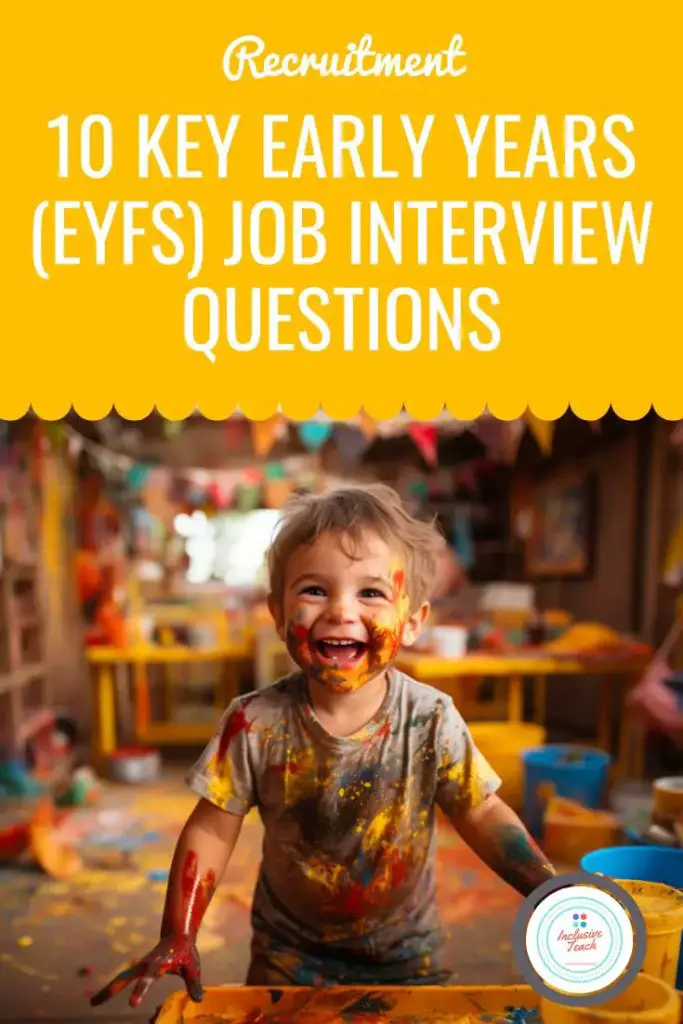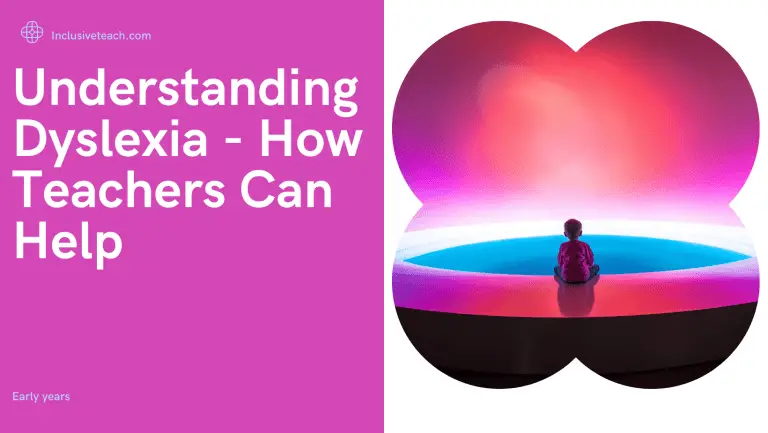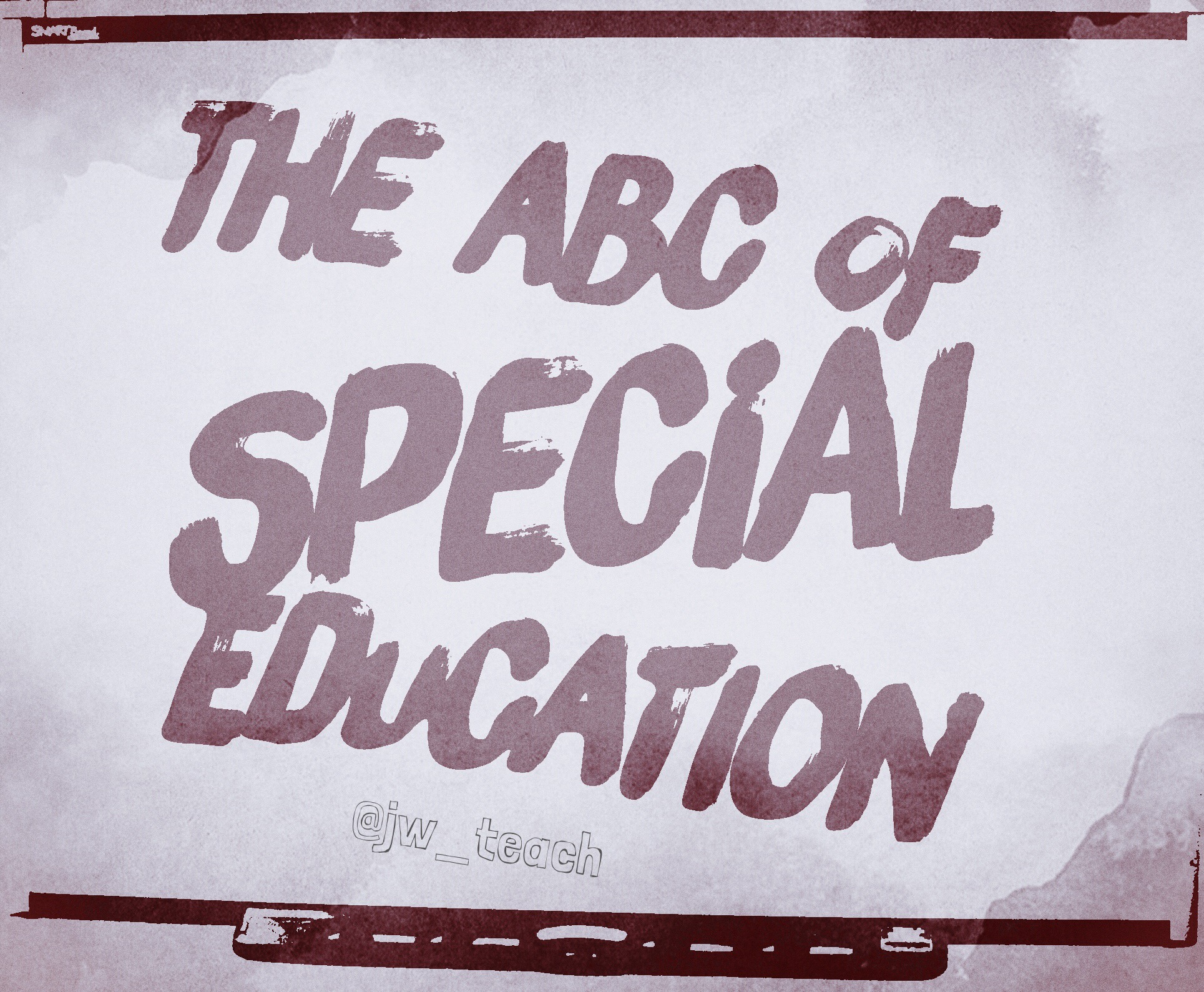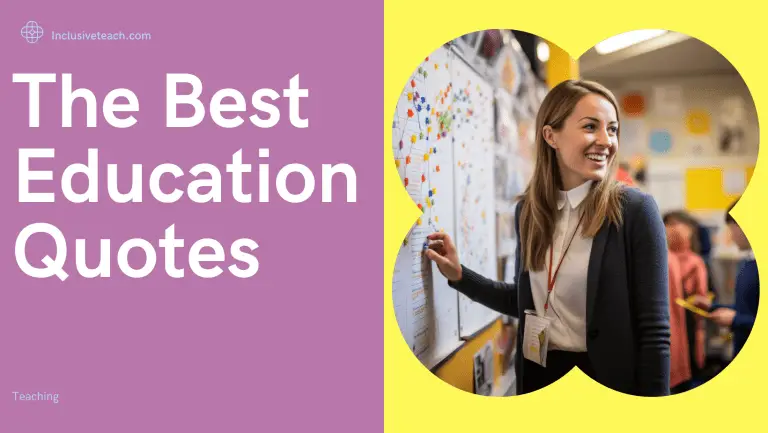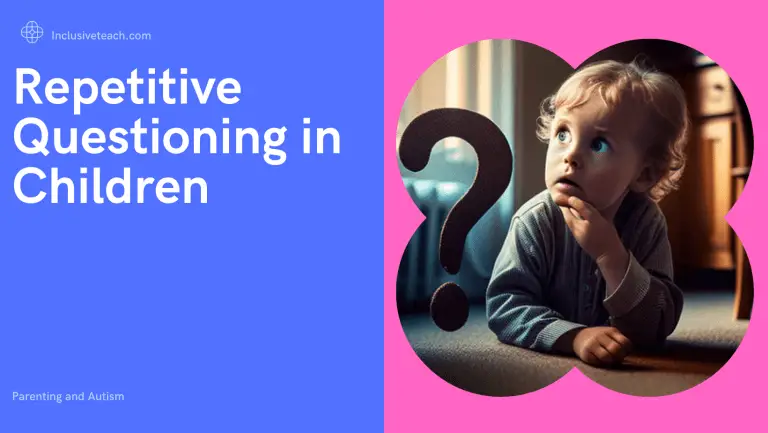10 Key Early Years (EYFS) Job Interview Questions
EYFS Interview Questions
The Early Years Foundation Stage (EYFS) staff play a crucial role in the development of children in their formative years. As such, the recruitment process for these positions is thorough and seeks to gauge both the professional competency and personal attributes of candidates. If you’re preparing for an EYFS interview in the UK, it’s important to anticipate the types of questions you might be asked. This article will guide you through key EYFS interview questions and offer insight into what employers are looking for in your responses. This is suitable both for pre-schools, nurseries and reception school jobs. EYFS interview questions and answers will differ according to the setting but these will give you a general idea.
Understanding EYFS
Understanding EYFS principles and guidelines is fundamental for any early years role. Employers will likely ask questions to assess your knowledge of the EYFS framework.
- What is the importance of the EYFS Framework? This question examines your understanding of the EYFS and its role in children’s education and development. Consider discussing how the EYFS sets standards for learning, development, and care, and how it helps practitioners prepare children for future schooling.
- Can you explain the seven areas of learning and development in the EYFS? This question checks your familiarity with the core areas of the EYFS: Personal, Social and Emotional Development; Communication and Language; Physical Development; Literacy; Mathematics; Understanding the World; and Expressive Arts and Design. Be prepared to discuss how you integrate these areas into your teaching.
Personal Approach to Teaching
Interviewers will want to understand your teaching style, philosophy, and how you handle real-world teaching scenarios.
- How do you plan a typical day in your current/recent role? This question allows you to demonstrate your organisational skills and your ability to create a balanced day encompassing various learning areas.
- Describe a time when you had to adapt your teaching style to meet the needs of a particular child. Here, interviewers are looking for evidence of your flexibility and adaptability, key traits in effective EYFS practitioners.
- How do you stimulate creativity in the children you work with? This question assesses your ability to foster creativity and imagination in children, an important part of EYFS learning.
Safeguarding and Welfare
Questions about safeguarding and child welfare are common in EYFS interviews, as these are critical aspects of the role.
- What is your understanding of safeguarding in an EYFS setting? This question tests your knowledge of child protection policies and procedures. You could discuss your experience in identifying and reporting potential safeguarding issues.
- How would you handle a situation where you suspect a child in your care is being abused or neglected? This hypothetical scenario assesses your understanding of safeguarding procedures and your ability to act responsibly and appropriately in stressful situations.
Working with Parents and Colleagues
Working effectively with parents and colleagues is a key part of an EYFS role.
- How do you approach communication with parents? Interviewers want to know how you keep parents informed about their child’s progress and how you handle potentially difficult conversations.
- How do you contribute to a team in a professional setting? This question assesses your teamwork skills. Discuss specific instances where you have worked collaboratively with colleagues to achieve a goal.
Continuous Professional Development
In the ever-evolving field of early years education, ongoing professional development is important.
- What steps have you taken for your professional development in the last year? Here, interviewers are looking for evidence of your commitment to learning and staying updated in your field. Discuss any relevant training, courses, or seminars you’ve attended.
How Can I Show The Interview Panel That I have a Passion for the Early Years?
Demonstrating a passion for early years education in an interview goes beyond the words you say. It involves your understanding of the field, your ability to connect with children, and your commitment to continuous learning and improvement. Here are some tips:
- Share Personal Experiences: Discuss why you chose a career in early years education. Did a particular experience inspire you? Do you have fond memories of your own early education? Personal stories can help convey your passion authentically.
- Highlight Your Understanding of Early Years Education: Show that you understand the importance of this stage in a child’s development. Discuss the EYFS framework, and share how you believe it positively impacts children’s learning and development.
- Show Enthusiasm for Children’s Learning: Talk about the joy you feel when a child grasps a new concept or develops a new skill. Give examples of creative or innovative lessons you’ve planned to engage children and foster their curiosity.
- Discuss Your Relationships with Children: Show your passion by discussing the bonds you’ve formed with children in your care. How do you tailor your approach to meet the individual needs of each child? Share anecdotes that highlight your ability to connect with children on their level.
- Show Commitment to Professional Development: Demonstrate your dedication to staying current with the latest developments in early years education. Discuss relevant workshops, courses, or seminars you’ve attended, and share the new ideas or strategies you’ve learned and implemented.
- Express Your Vision for the Role: Share your ideas for the role you’re applying for. What unique initiatives or programs would you like to introduce? How would you contribute to the school’s ethos and goals? A clear vision indicates a deep level of interest and commitment.
- Use Positive, Enthusiastic Language: The language you use can convey your passion. Use positive, enthusiastic language when discussing your work and your goals in early years education.
- Show Empathy and Understanding: Demonstrate your understanding of the challenges children may face in early years education and how you’re equipped to help them navigate these challenges. This shows your compassion and dedication to supporting children in their learning journey.
Remember, passion is infectious. If you genuinely love what you do, it will shine through in your interview.
Preparing for these questions will help you approach your EYFS interview with confidence. Remember, every question is an opportunity to demonstrate your passion for early years education and your commitment to providing the best care and learning experiences for children. If you would like to read more interview tips and ideas check out our main post. Good luck!
